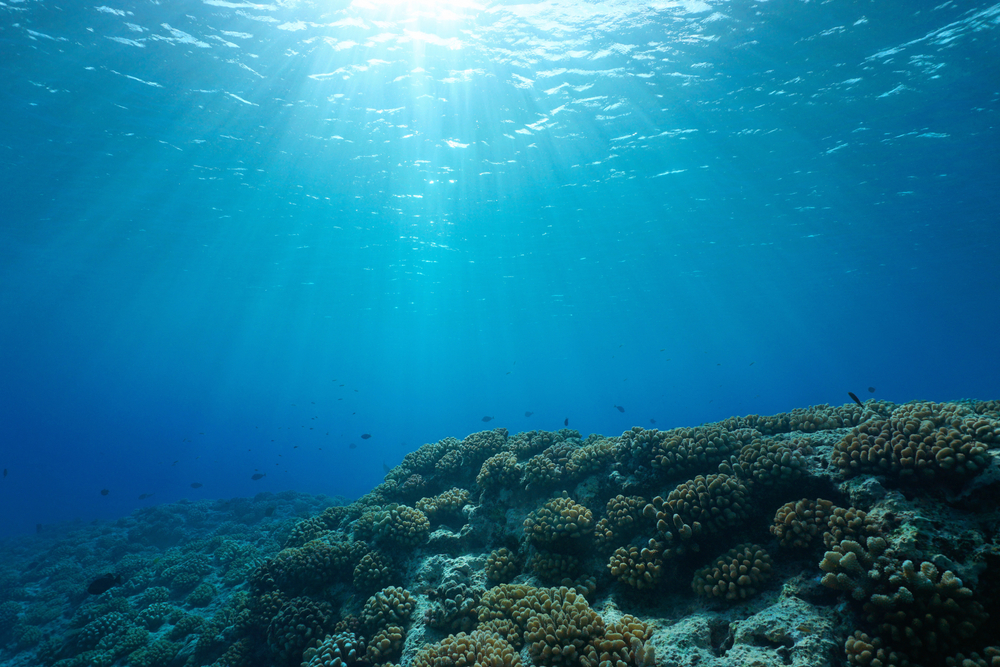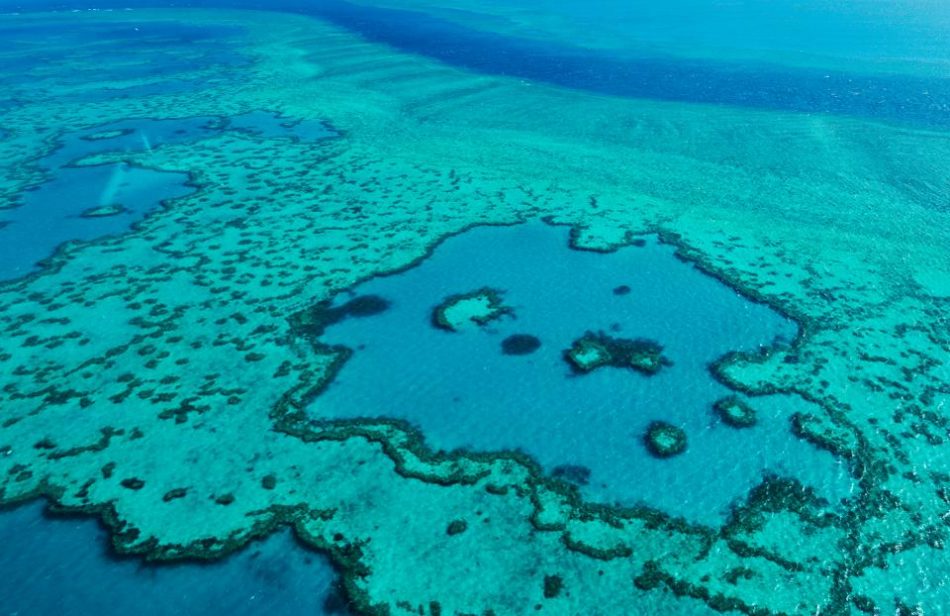
Revitalizing coral reefs across the Caribbean with sustainable breeding and restoration
SECORE International, an organization dedicated to preserving coral reefs for future generations, is at the forefront of coral restoration initiatives. SECORE, founded on the premise of "SExual COral REproduction," pioneered the novel concept of "Coral Seeding." This ground-breaking strategy Read More...

Pacific coral reefs may be more resilient than we think
Coral reefs, the vibrant life-filled undersea cities, have long been on the front lines of climate change's onslaught. However, new research from Newcastle University provides a ray of light in the middle of these struggles. The coral reefs of Palau demonstrate a capacity to adapt to rising ocean Read More...

Resilient coral can be transplanted to help regenerate degraded reefs
It’s no secret that coral reefs around the world are at risk due to human-caused climate change and pollutants. However, scientists at the University of Pennsylvania figured out a way to potentially limit our damage on coral reefs by taking coral species that were strong enough to survive severe Read More...

Playing underwater ‘music’ attracts young fish to degraded coral reefs
Whether it’s the “crackle of snapping shrimp” or the swishing sounds of fish passing by, a healthy coral reef tends to be quite a noisy place. These are sounds that young fish are attracted to once they have hatched and spent their larval stage in the open ocean. The problem is that once a Read More...

Pumping cold water from the depths could prevent coral bleaching
Rising ocean temperatures as a result of global warming are one of the main reasons behind coral bleaching - a process that pushes away the symbiotic algae living within their tissue, causing these unique marine invertebrates to turn white. In a bid to come to their rescue, scientists are Read More...

Ambitious experiment aims to protect the Great Barrier Reef from bleaching
The Great Barrier Reef is facing its first mass bleaching event in five years as a result of climate change and the record ocean temperatures. In a bid to mitigate the ecosystem’s loss and protect it from warming, scientists from the University of Sydney have recently experimented with a Read More...

This scientific breakthrough could save America’s biggest coral reef
Like Australia, the US has its own “Great Barrier Reef”, lying just off the coast of the Florida Keys. It’s the third-largest coral reef in the world, and it’s in serious danger. As the temperature of the oceans continues to rise, the corals are dying off at an unprecedented rate. If Read More...

How to identify sunscreen that doesn't damage coral reefs
The same stuff you put on to protect your skin from the sun on a day at the beach is killing the coral reefs that live beneath the waves. That is unless you apply reef-safe sunscreens. But it can be rather difficult to tell which sunscreens are actually safe and which ones are just pretending to Read More...

How a robot could save Australia’s Great Barrier Reef
Australia’s Great Barrier Reef used to be a symbol of the pristine beauty that the ocean offers, but now it represents the terrible mark that human-induced climate change is having on the world as half of the coral that made up the reef has died in the past couple years. Is there still hope? The Read More...

Scientists unveil technology that brings dying coral reefs back to life
Scientists developed an innovative device that succumbs underwater and pours life back into coral reefs which are suffering dramatically due to climate change. The briefcase-size submersible is designed to move autonomously along damaged sections of reef, seeding them with hundreds of thousands of Read More...


